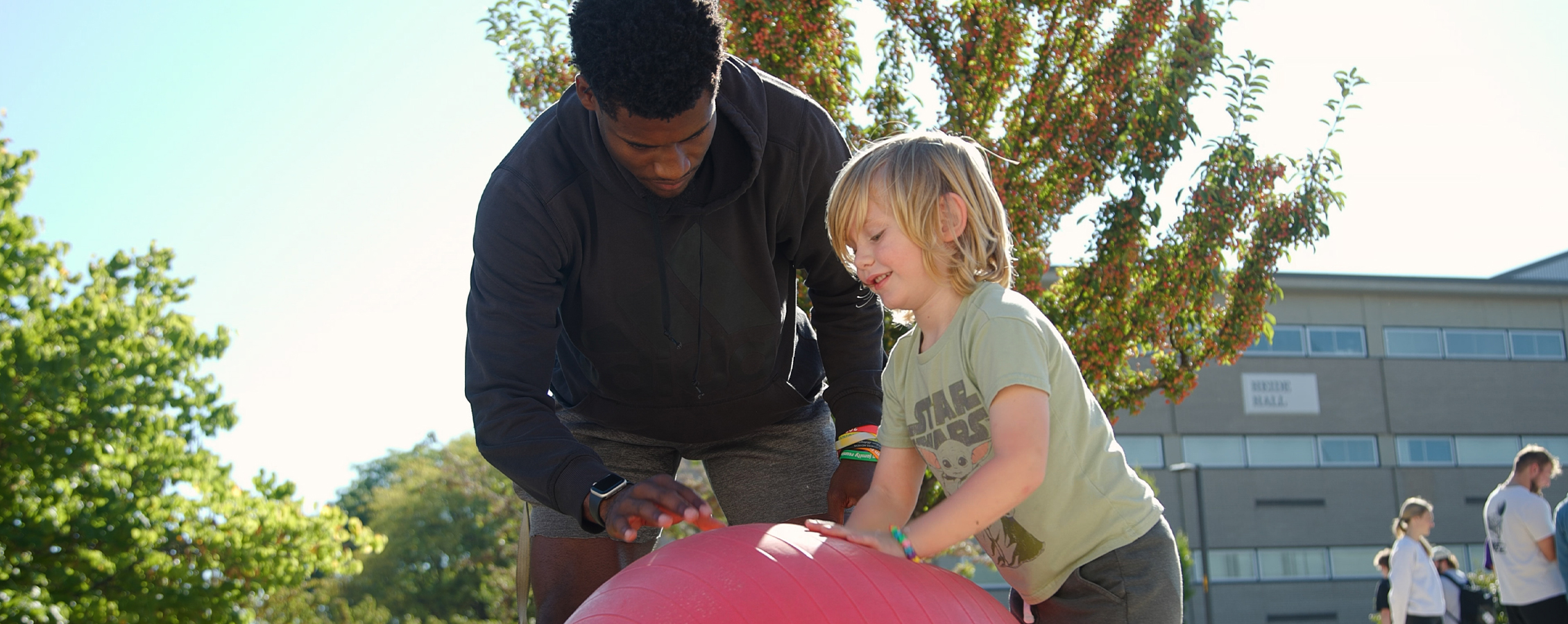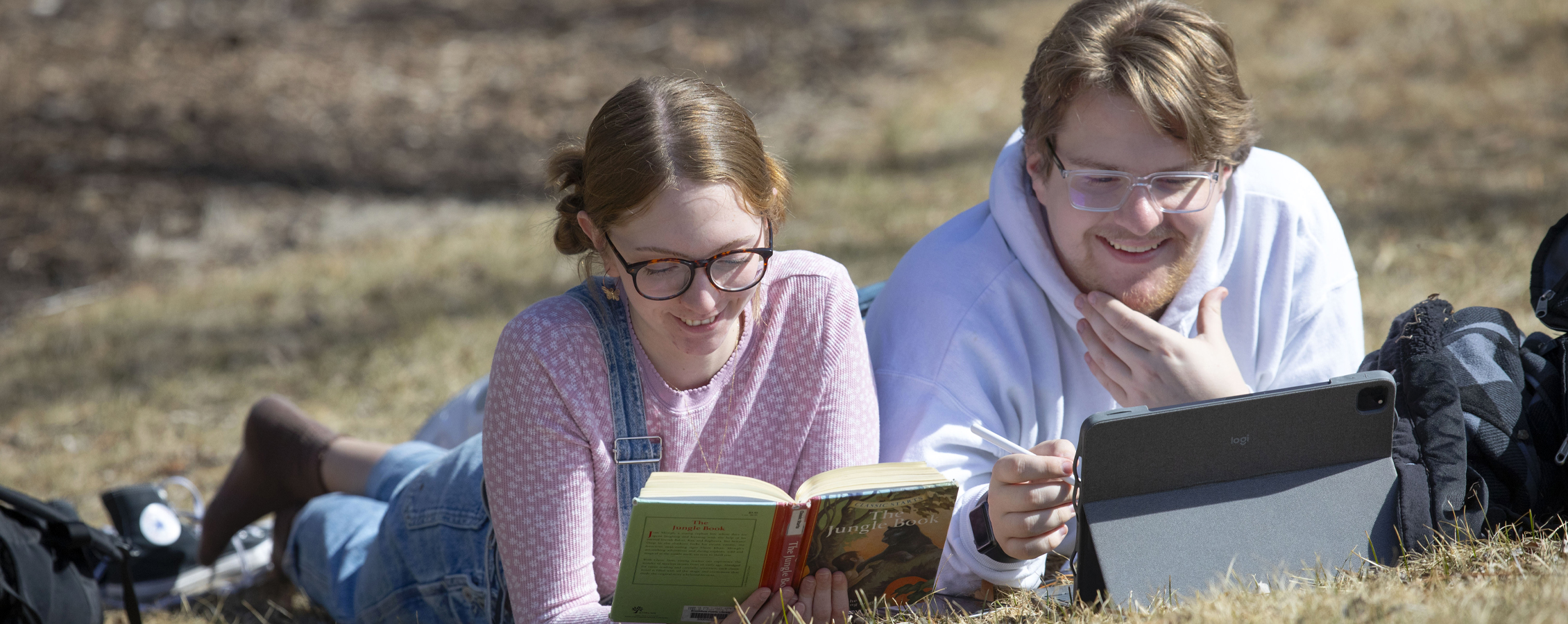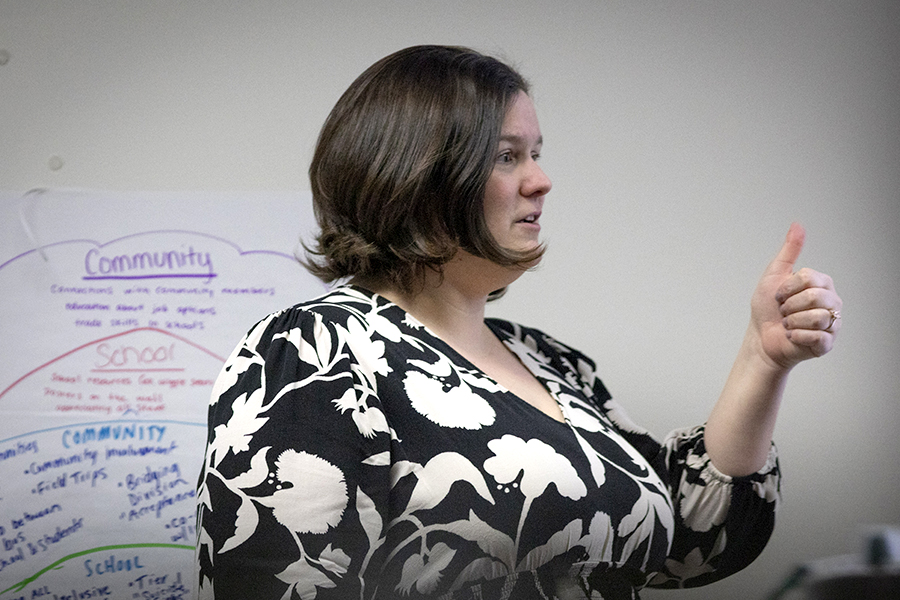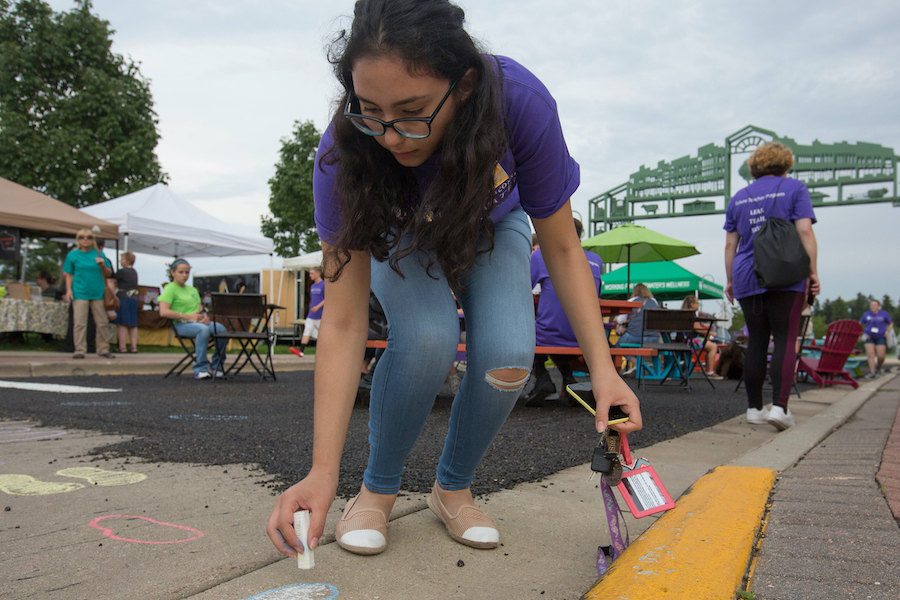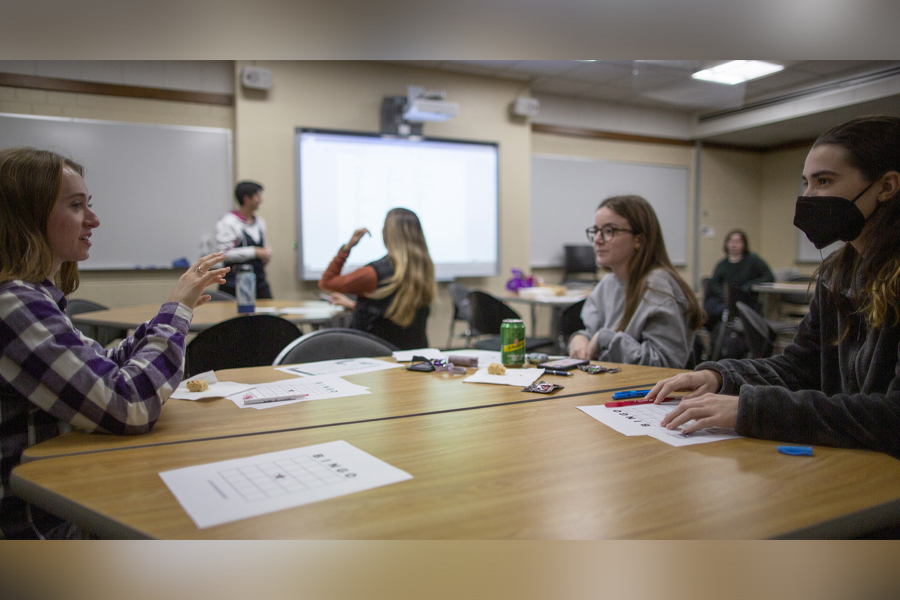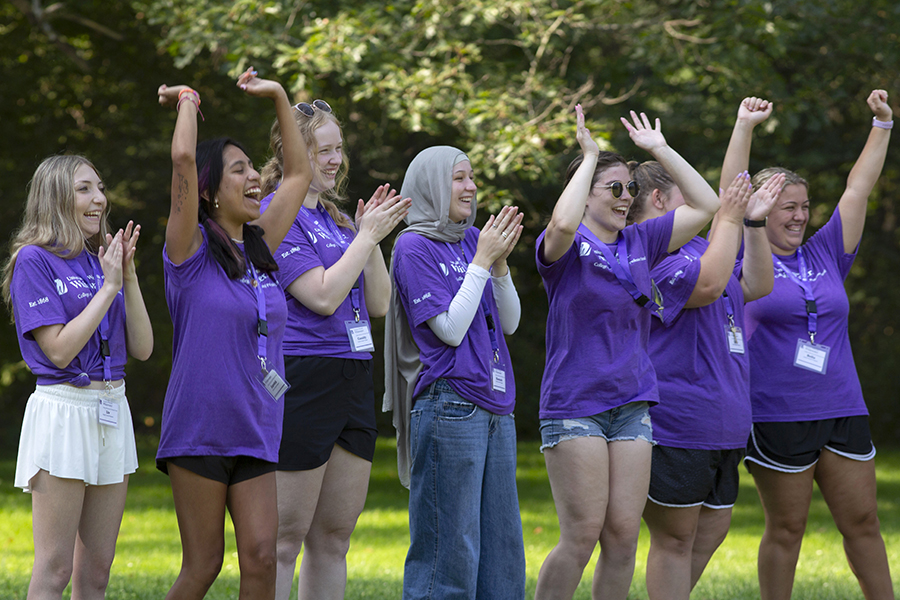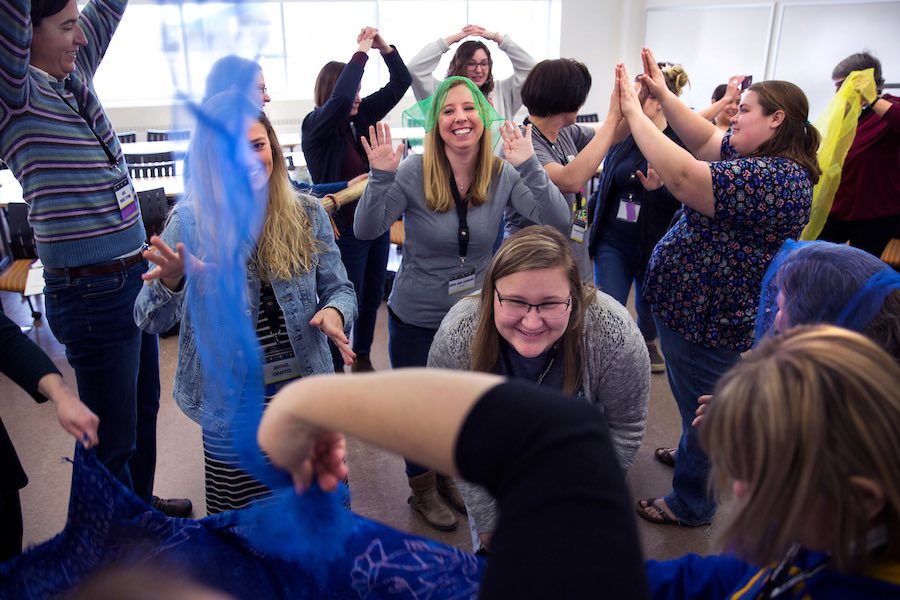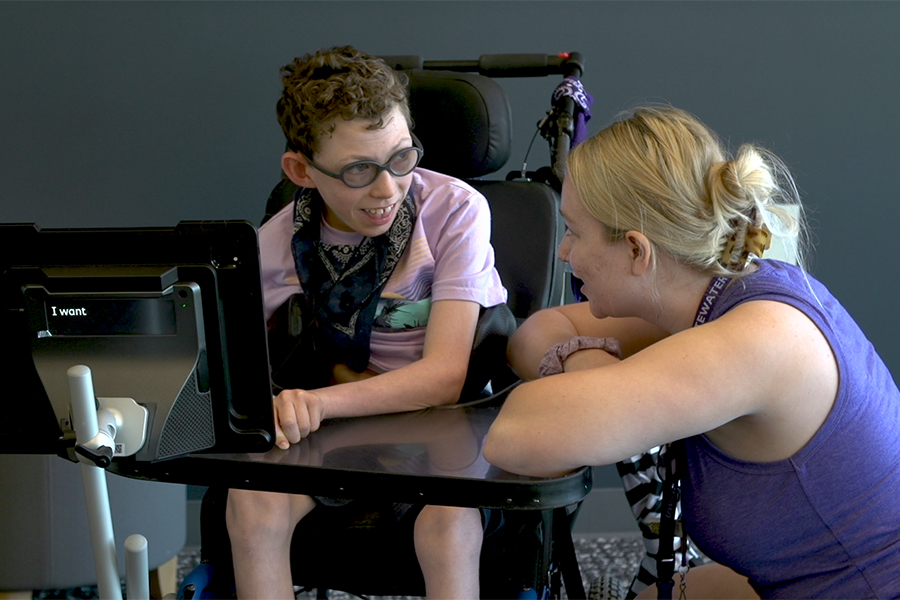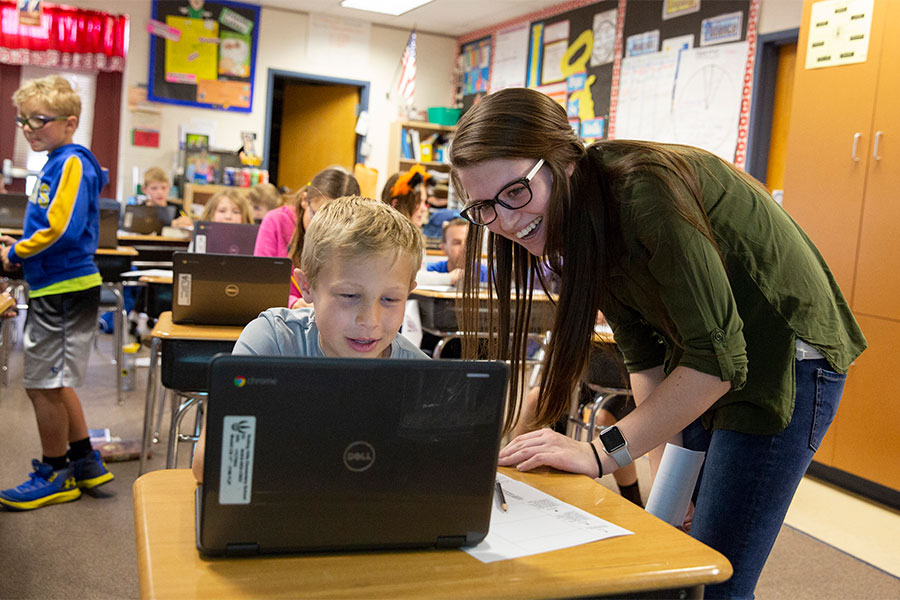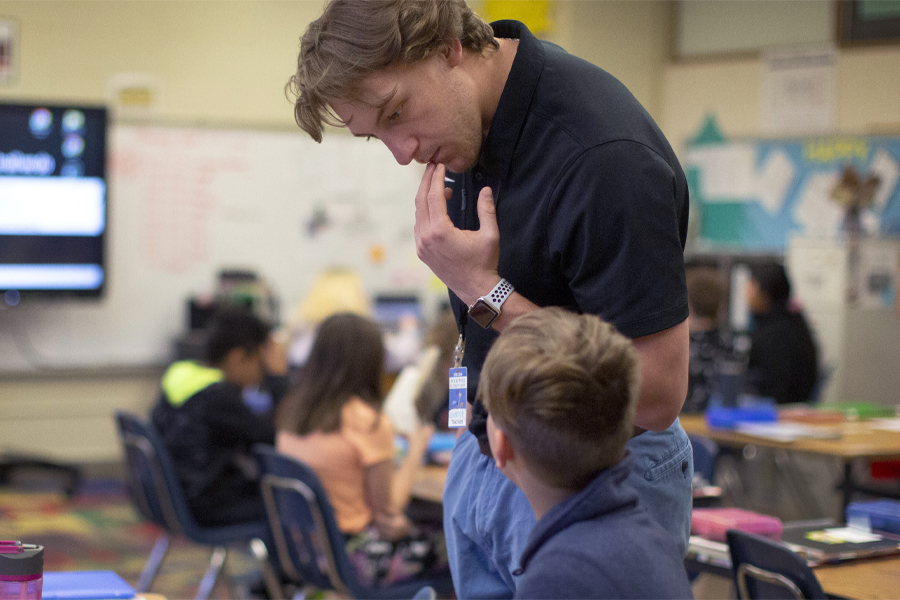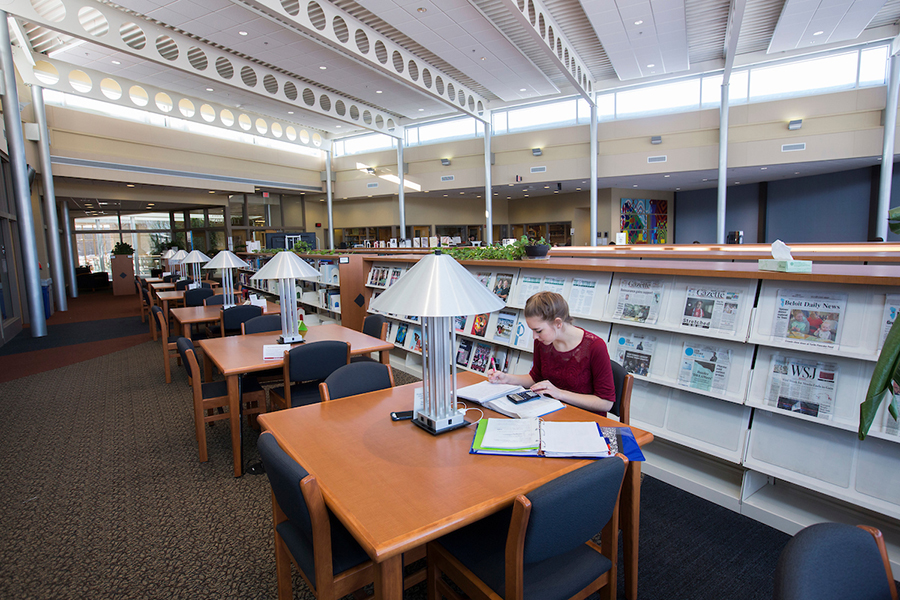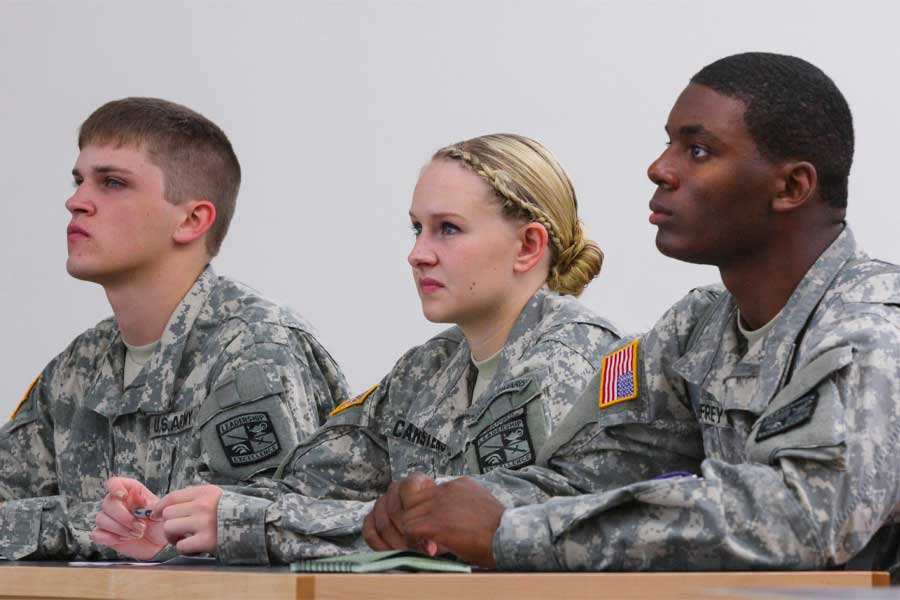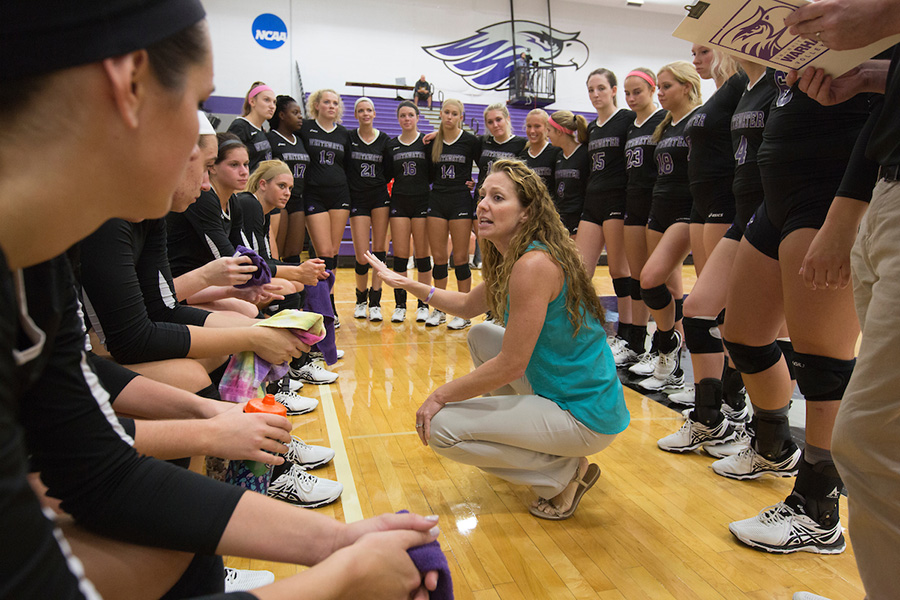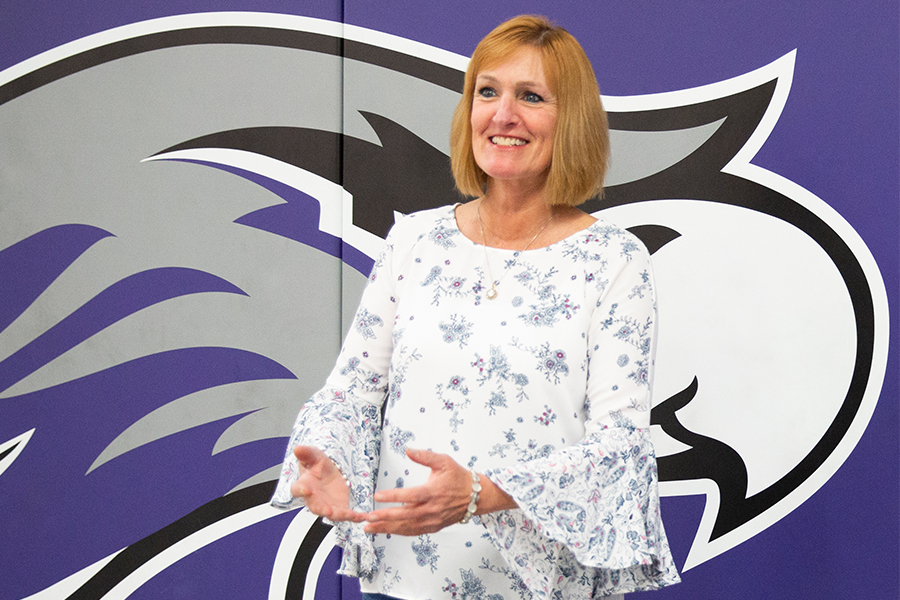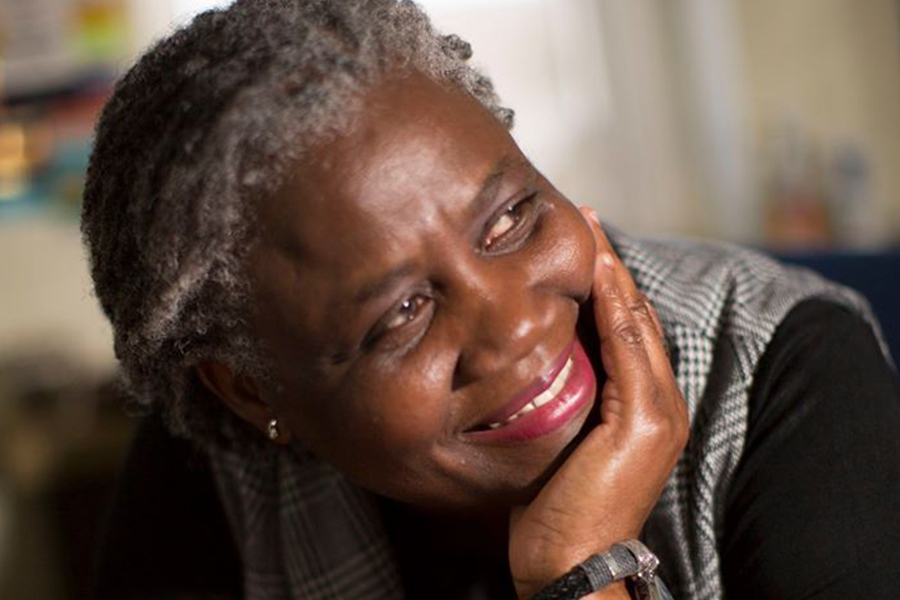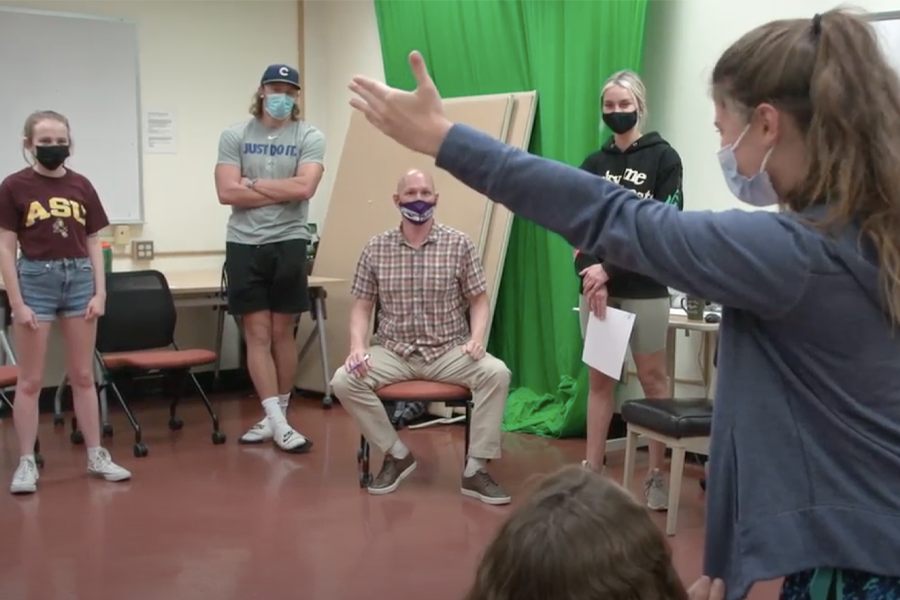COLLEGE OF EDUCATION AND PROFESSIONAL STUDIES
The College of Education and Professional Studies at UW-Whitewater is committed to the development of professionals who are lifelong learners, creators of knowledge, and leaders of character and integrity. Responding to the changing needs within our global society, our programs prepare professionals to actively engage in an open democratic society inclusive of diverse populations. As a premier center for global learning, the college's focus on depth of learning and academic excellence provides our students with the requisites to be leaders dedicated to change in their communities.
Have a bachelor's degree? Earn a teaching license »
Welcome from Dean Lana Collet-Klingenberg

